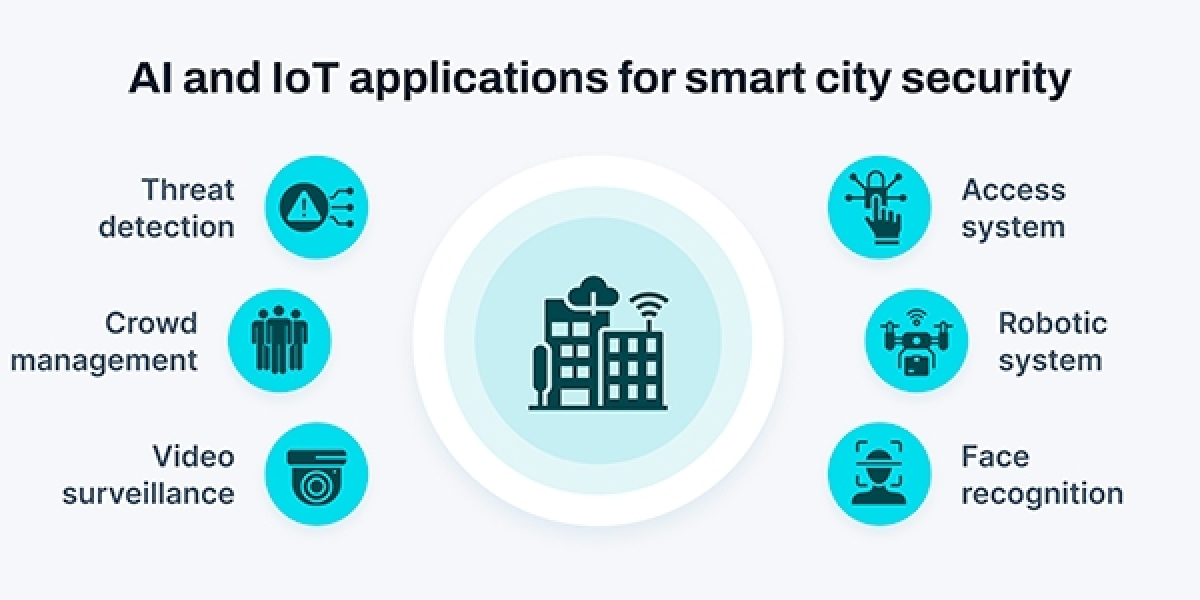Equity can be tempting because it appears to be a quick solution, but it's the most expensive form of capital you'll ever take. The earlier you raise it, the more it costs you in ownership.
Smart Pre-Revenue Capital Strategy:
Non-dilutive funding first: Canadian programs like IRAP and SR&ED can cover significant portions of R&D expenses
Structured friends & family rounds: Clear terms in writing prevent relationship damage
Strategic bootstrapping: Keep fixed costs low while maximizing revenue-generating activities
The Reality: At the pre-revenue stage, your valuation is low, which means you're giving away a larger slice of the company for the least amount of money.
Why This Matters: If you can find alternative funding sources that allow you to build, test, and validate before bringing in investors, you increase your negotiating power. It's the difference between arriving at the table with an idea versus arriving with a proven model.
Getting Started This Week:
Apply for that grant you've been bookmarking
Structure the family conversation you've been avoiding
Set up financial systems that make everything else possible
Government programs won't fund vague aspirations; they fund concrete, well-structured plans. Position your application like an investment pitch: clear problem definition, innovative approach, measurable milestones.
The choice isn't between bootstrapping and equity, it's between reactive fundraising and strategic capital planning.
Your future self and your cap table will thank you for the time you invest in smart funding today.
What's your current pre-revenue funding approach? ?
https://speakrights.com/eim-on-pre-revenue-funding/









